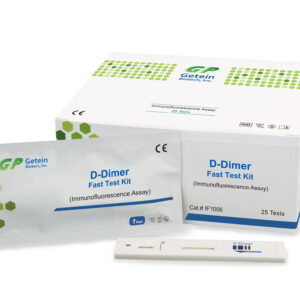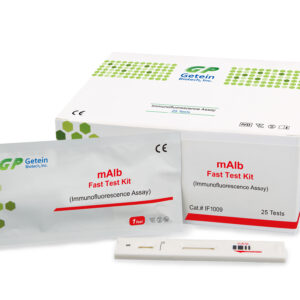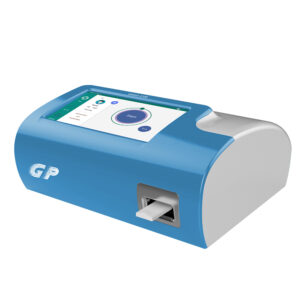Description
The novel coronaviruses belong to the B genus. COVID-19 is an acute respiratory infectious disease. People are generally susceptible. Currently, the patients infected by the novel coronavirus are the main source of infection; asymptomatic infected people can also be an infectious source. Based on the current epidemiological investigation, the incubation period is 1 to 14 days, mostly 3 to 7 days. The main manifestations include fever, fatigue and dry cough. Nasal congestion, runny nose, sore throat, myalgia and diarrhea are found in a few cases.
When IgM antibodies are present, it may indicate that a patient has an active or recent infection with 2019-Cov. And IgG antibodies develop later following infection. When IgG antibodies are present, it often indicates a past infection but does not exclude recently infected patients who are still contagious, especially if detected with IgM antibodies. It is unknown how long IgM or IgG antibodies to 2019-nCoV will remain present in the body after infection and if they confer immunity to infection.
As it is a novel disease diagnosis of which is being explored, please refer to the latest guidelines for diagnosis and treatment of COVID-19.





